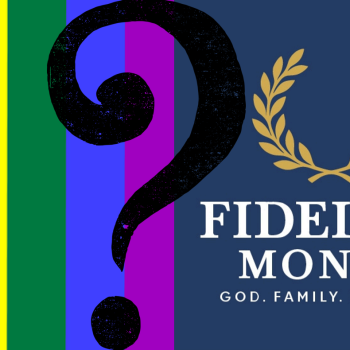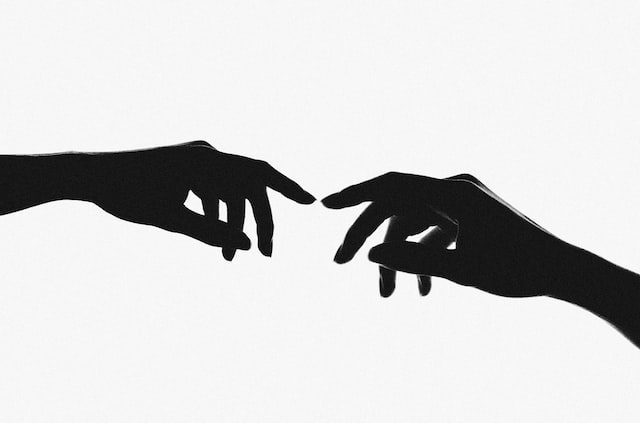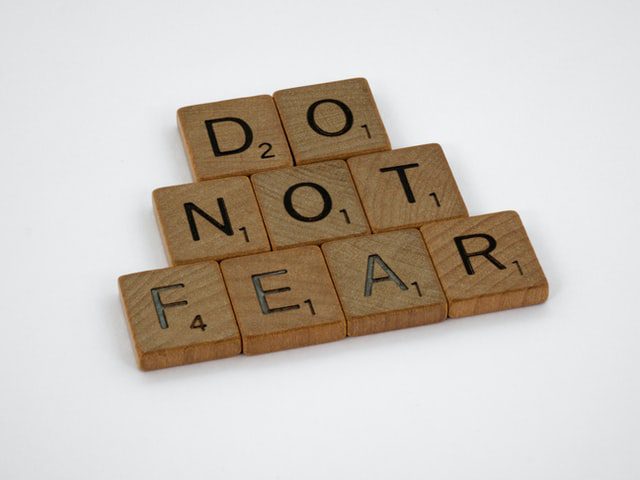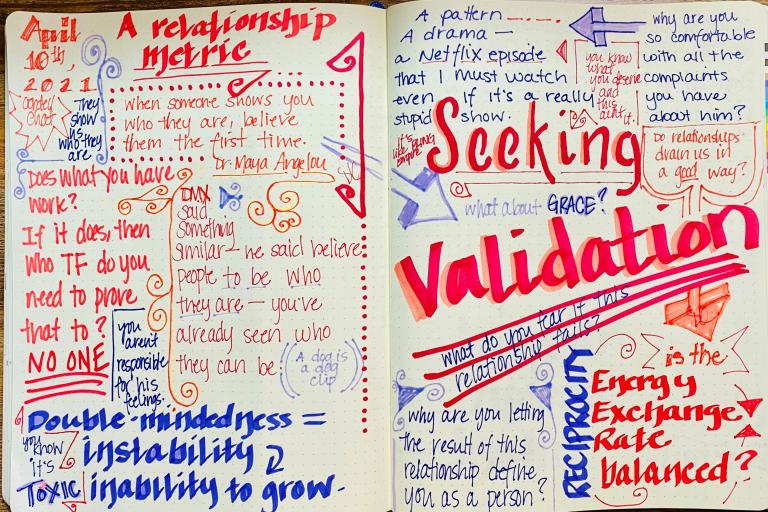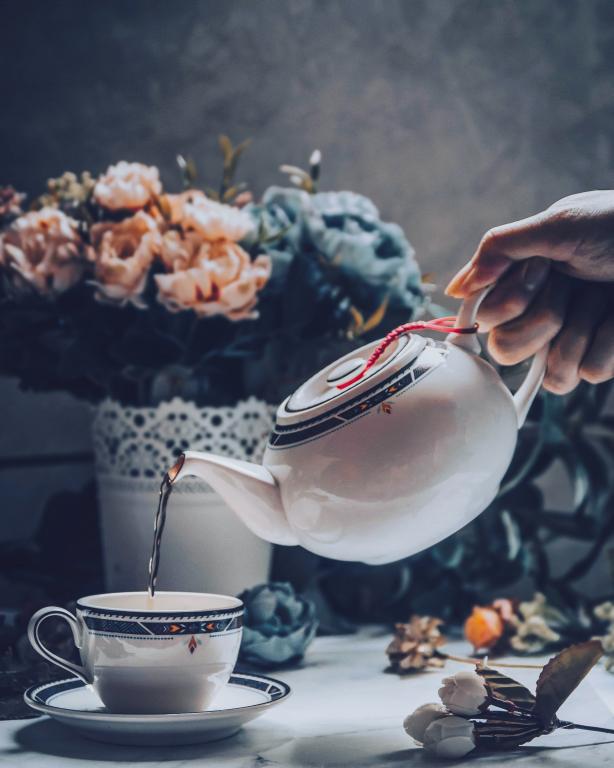
Sticks and stones
May break my bones
But names will never hurt me
I was brought up with this nursery rhyme and it served me well. As a child, my mother would rehearse it to me whenever I complained of elementary gossip. To a child, it seemed like a remarkable tool that shielded me from the damage of a word. If I simply decided it didn’t have power over me, it wouldn’t. Similarly, there was another cutesy rhyme my mother would repeat, “I am rubber, you are glue, whatever bounces of me, sticks to you.” Another helpful method to teach a child about the truths of the projection of others without all the articulation. In effect, my mother was teaching me that the words others hurl at you are merely projections of how one feels about themselves. This helped me realize at a very young age that many people were hurting inside. Perhaps that is why my mother always built a back-story for others instead of downright attacking them. Even if she was cut off in traffic, she would assume the reason why was because the driver was in a hurry for something important. Maybe an emergency? Maybe she was in labor? Maybe his father was dying at the hospital and he was rushing to say goodbye. Either way, my mother tried to demonstrate a better way to view others so that we didn’t fool ourselves with projected assumptions of malice or ill-intent.
Today, however, it is clear to me that most people were not brought up with the same nursery rhymes as I was. Today, tolerance is a benign virtue that serves no true purpose. Tolerance, in fact, has been closely aligned with silence in that both are now viewed as selfish virtues opted for by those too weak, bigoted, or racist to do anything about anything. “Silence is violence,” they say, in an effort to stimulate outrage as though it were as effective as love.
Before Christmas, a video went viral that captured an exchange between two men at a Circle K convenience store in Ohio. What the video depicts is a white man confronting a black man while using racial slurs—the infamous “N” word. While I too, can recognize the weight and the history of the use of this word, I cannot in any good faith or conscience join the side of spectators who believe what assaulting another person with a can of tea is somehow warranted. And sadly, that seems to be the majority view. That violence is justified if the word is lofty and weighty enough to evoke disgust or offense.
May I be the first to remind you how incredibly problematic the jeering and cheering have been to the ideals of inclusion, unity, and love? Even the very idea of sharing the video while applauding it is absolutely ridiculous to me.
Viral violence passed around like a late Christmas present.
Now I don’t pretend to know how I would respond if I was in that state, in that situation, in that physical form with that historical weight attached to the flesh of my bones. But if it were me, Danielle, in Minnesota, I would take the high road. Some would say, “Sure, that’s easy for you because your privilege affords you the ability to take the high road.” But I would like to interject by reminding you that the virtue of tolerance is not amplified nor can it be diminished when confronted by race or sex or sexual orientation. Ergo, virtue is not subjected to privilege or trite societal categorizations.
The saying goes, “When they go low, we go high.”
My husband often demonstrates a tolerance that I yearn to imitate. His method is one that I think would be more loving if one should find themselves in a similar situation as the unsuspecting gentlemen did when he went into a Circle K store to grab a can of tea. It goes like this: When someone approaches you and says something derogatory, diminishing, disgusting, or demoralizing, simple say…nothing at all.
I know it goes against everything we know. Trust me, it drives me crazy to watch my husband remain composed and calm when people are saying atrocious things to him. I mean, we ought to defend our integrity, right? But the thing is, he knows there is no truth in what they are saying. And if there is no truth in what is being said, it’s completely irrelevant. If something is irrelevant, we don’t give it attention. When we take attention away from it, it loses power. That is how simple silence can be. Silence is not violence. Silence is disarming. Silence is peace.
Unfortunately, our society has been taught to defend, defend, defend. Defend your good name, defend your honor, defend your rights, and your liberties. Defend the decorations you have adorned that you believe identifies who you are to others. Do you notice how it’s words that now hold so much power? A new power system has been set up that we have participated in building. All the while, I had been informed that systems of power are dangerous and controlling. Are we proud of this? Are we enthused about the potentiality of this too, becoming another co-opted system that destroys the very thing it was aimed at protecting—us?
The totality of words cannot ever fully define the totality of a person.
I got caught in this mess just recently. My husband used a word that I have asked him not to use to describe my behavior. He used it a few times in one day, having gone years without saying it. So, I did what any habituated, reactive individual would do, I freaked the fuck out over a word. One. Single. Word. A few hours later, I realized that I gave so much power to a word that it allowed me the opportunity to go from conscious to unconscious in a matter of seconds. I didn’t even hear the rest of what my husband said because I was so focused on that one word that all I saw was red. In the past, I would have thrown a coffee cup. I may have even thrown it at him!
If I can give that much power to one word, I cannot help but wonder what would happen if I consciously chose not to give power to a word. We make the choice, conscious or not, to give power to any word or phrase. We allow that power to oppose us. But we are just as capable of not giving power to words and phrases. And when we don’t give a word power, the word doesn’t hurt.
There’s more than just an anecdotal resonance here. If I look at this incident in light of the entire last year, and even widening the scope to the last 5 years, one would be surprised by the championing of the violence that occurred in the viral video. Why? You ask. With all the talk of police brutality in a systemically racist system, otherwise known as the Justice system, it’s blatant fuckery to applaud one act of violence while condemning acts of violence, isn’t it? Have we completely given up on the consistency of the application?
It may seem like it’s “justice” because someone “got what was coming” for using such an atrocious word. I cringe when I hear that word used as a tool to make someone else feel low. But is that where we are? We are to a point that we condemn violence at the hand of the state, but not at the hands of our neighbors? We decry that police brutality must end, even going as far as to suggest defunding the police to prove a point, but brother brutality is no big deal?
Does justice look like violence?
Is violence justice if it’s in the form of a viral video depicting a black man assaulting a white man? What if it was the other way around? What if it was a white man throwing the can of tea at a black man who wouldn’t stop calling him a “cracker” or “hick” or what about “racist”? Something tells me the video would be viral for another reason, and it wouldn’t be because millions are praising what they are seeing.
Looking back on the protests of the year, much of them contained pockets of violence. The ironic component of that is, of course, many of the protests were protesting violence but were catalysts for violence. Perhaps we really don’t want the violence to end? Maybe it’s more that we prefer to be the ones to determine the use of violence, not the state?
If there is no truth behind the words that another uses, why would we pretend otherwise? If words really do hold power, what does that mean for our society? Will writers like me be prevented from typing words if enough people decide that my words make them feel pain? If words make us feel low, aren’t we to go high in spite of them?
The truth is the truth doesn’t need to be defended. You are your own truth. You don’t need to be defended. Especially against some random Joe at a gas station. Who is that person to you anyway? Irrelevant, unless you choose to make that person relevant. Words won’t hurt us if we choose not to let them. Remember, we do have a choice! If we refuse power to words, we won’t have to resort to using can of Twisted Tea as our weapon of choice. Besides, if silence is violence, then clearly, silence is the deadliest weapon in the face of something as loud as a word.






